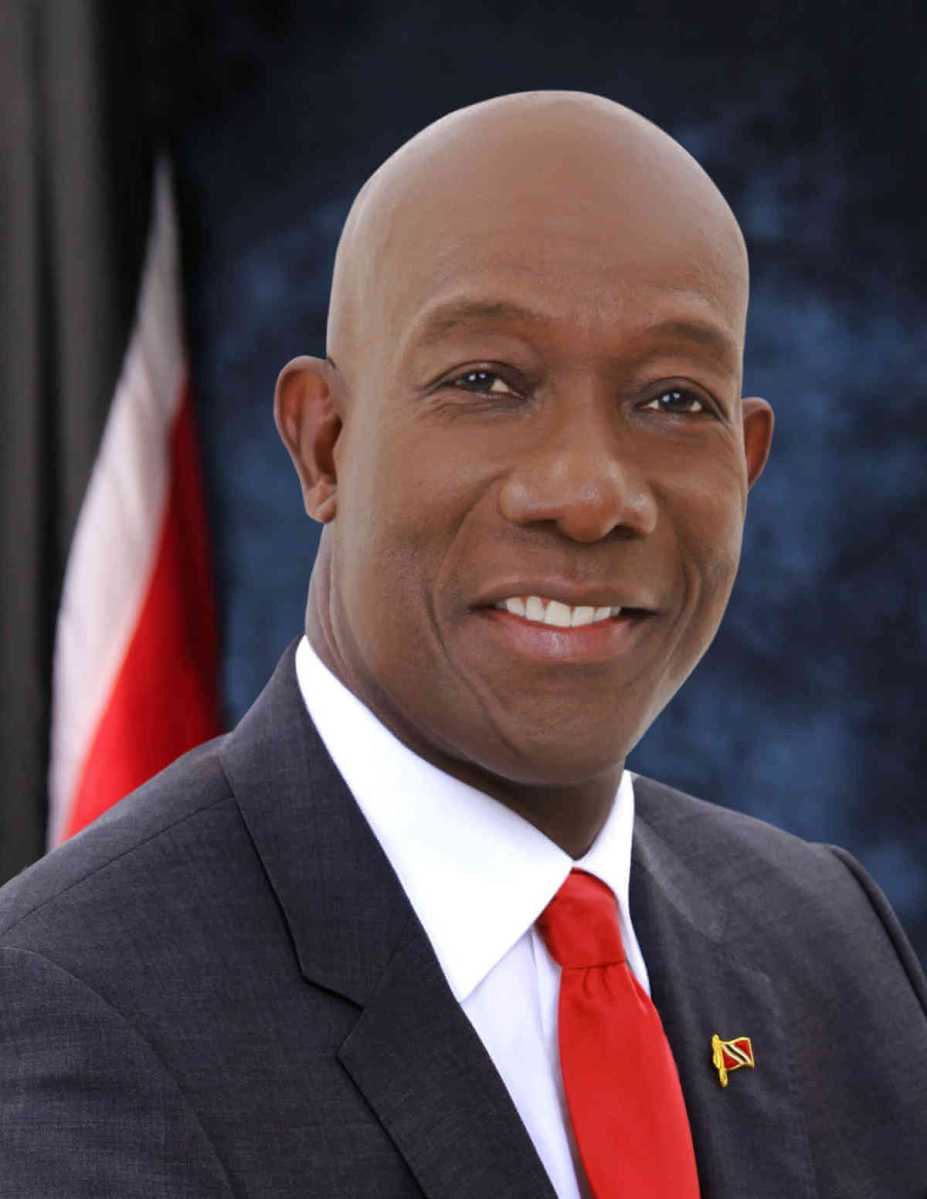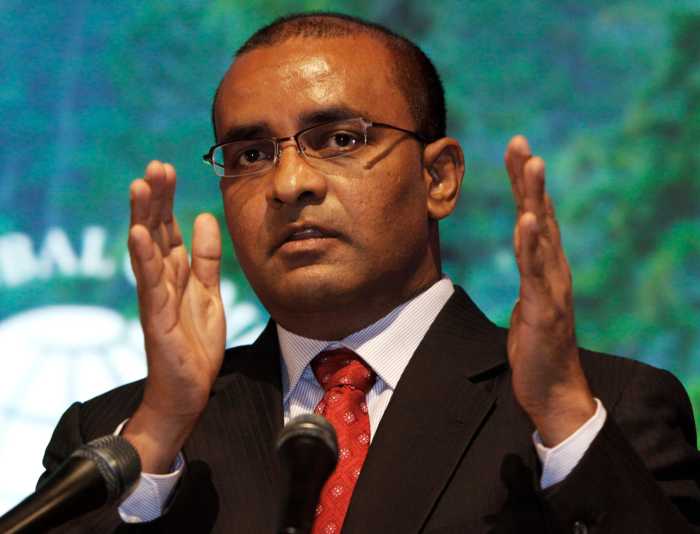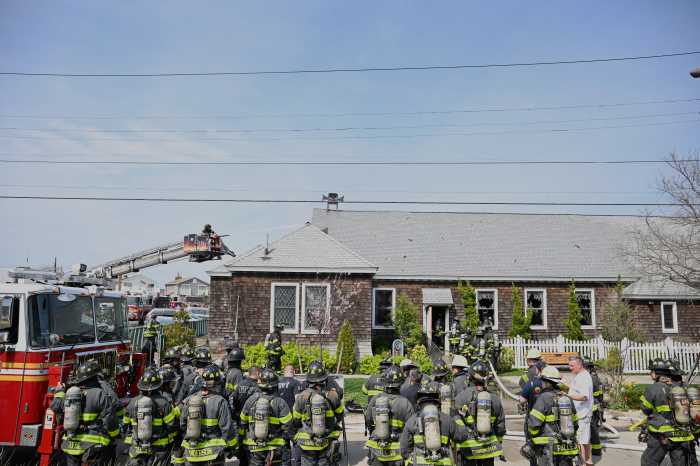Almost all the leaders of the 15-nation Caribbean Community grouping and those from associate members are expected in Guyana for the three-day regional summit commencing on Sunday with Haiti’s perilous security and humanitarian situation expected to feature prominently on the agenda as well as preparations and planning for the T/20 Cricket World Cup the region is hosting in June.
Prime Minister Keith Rowley of Trinidad is already in Guyana to participate in this week’s annual oil and gas international conference and will remain to be a key leader in deliberations that will also focus on food and energy security. Other key agenda items will include discussions about improving the regional single market and economy system, climate change challenges and border issues including the simmering Guyana-Venezuela demarcation row and the Belize-Guatemala border line claim.
CARICOM leaders and Brazilian President Luiz Inácio Lula da Silva who had helped to stave off possible military conflict between Guyana and Venezuela in December as both sides had massed troops on respective borders, is listed as a special guest alongside Ilan Goldfajn, president, Inter-American Development Bank, Adel bin Ahmed Al-Jubeir, minister of state for Foreign Affairs, Saudi Arabia and Reem al Hashimy, minister of state for International Cooperation, United Arab Emirates (UAE).
Venezuela has continued its decades-old claim to two thirds of Guyana especially now that the country is an oil producer at the level of 645,000 barrels daily. The two sides had signed an agreement in December in St. Vincent to continue talking and not to use force or to threaten each other while a final decision on where the boundary lines are is awaited from the World Court in The Netherlands. Guatemala’s claim to a large portion of bloc members, Belize’s territory, is also a regular item.
It is unclear, meanwhile, whether Haiti’s beleaguered Prime Minister Ariel Henry will attend the meeting given the island’s worsening security and humanitarian situation but its government has asked the international community to put together a force to help local police dismantle heavily armed gangs, which have been ravaging the country in the past three years, especially in the aftermath of the July 2021 assassination of President Jovenel Moise at the hands of hired mercenaries. Police in Haiti and in the US have arrested several people linked to the plot to kill Moise. Some have been convicted and sentenced in the US, while others remain in detention in Haiti.
The issue had dominated the past two summits in The Bahamas last February, and the other in Trinidad in July. Several regional countries, The Bahamas and Jamaica especially, have already identified and trained police and soldiers for deployment to Haiti but this has been stymied by a recent court ruling in Kenya deeming Kenyan participation as illegal. Kenya had agreed to be the lead country in the deployment but deployment has been delayed by the recent court ruling.
Haiti with the help of the US and Canada are now working out a bilateral request agreement to get around the ruling and to allow for the boots to soon be deployed to the country of more than 11 million people as gangs continue to kill people, burn and loot buildings and extort money from others.
Meanwhile, officials at the Guyana-based CARICOM secretariat said this week that the leaders will likely hear from a three-person group of former prime ministers whom they had appointed last year to try to broker a peace deal in the country, bringing disparate stakeholders together to help Haiti prepare for fresh elections nation-wide.
Because of the protracted crisis, the island is operating with no functioning parliament and elected officials. The same is true for the mayorships of several towns. The eminent persons group comprises former prime ministers Bruce Golding of Jamaica, Perry Christie of The Bahamas and Kenneth Anthony of St. Lucia has met several times with various political and civil society groups both in Haiti and in Jamaica in the past year. They have reported encouraging signs from the sessions. Haiti is the last nation to join the 15-nation integration grouping back in 2002.
The Bahamas, Jamaica and The Turks and Caicos Islands, all of which are close neighbors to Haiti, have said they are most anxious for a solution to the crisis as they are often the recipients of hundreds of boat people and economic refugees seeking refuge in the three neighboring states.
“The Bahamas remains committed to helping the people of Haiti find peace and stability. Along with other members of CARICOM, we remain committed to help the Haitian people find a Haitian solution, led by the people of Haiti. In the face of humanitarian and other disasters, we consider that there is a moral imperative to help. But we also do so, in the knowledge that our own national interest is well-served by having peace and security in Haiti. Their misery translates into surges in irregular migration, resulting in security issues at and within our borders,” PM Davis told a recent international conference in Uganda.
























